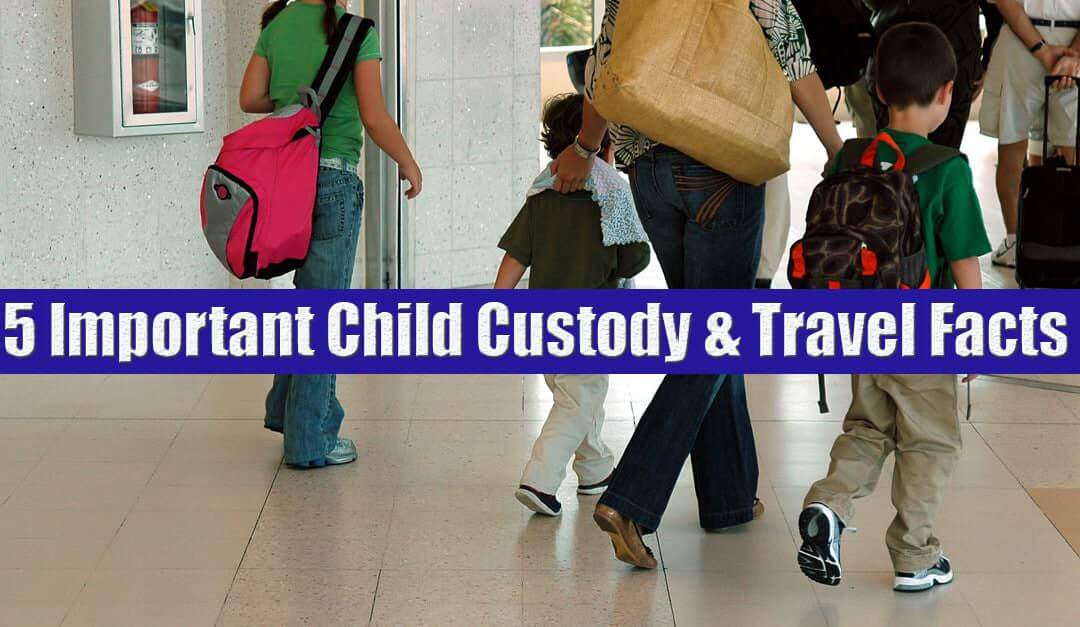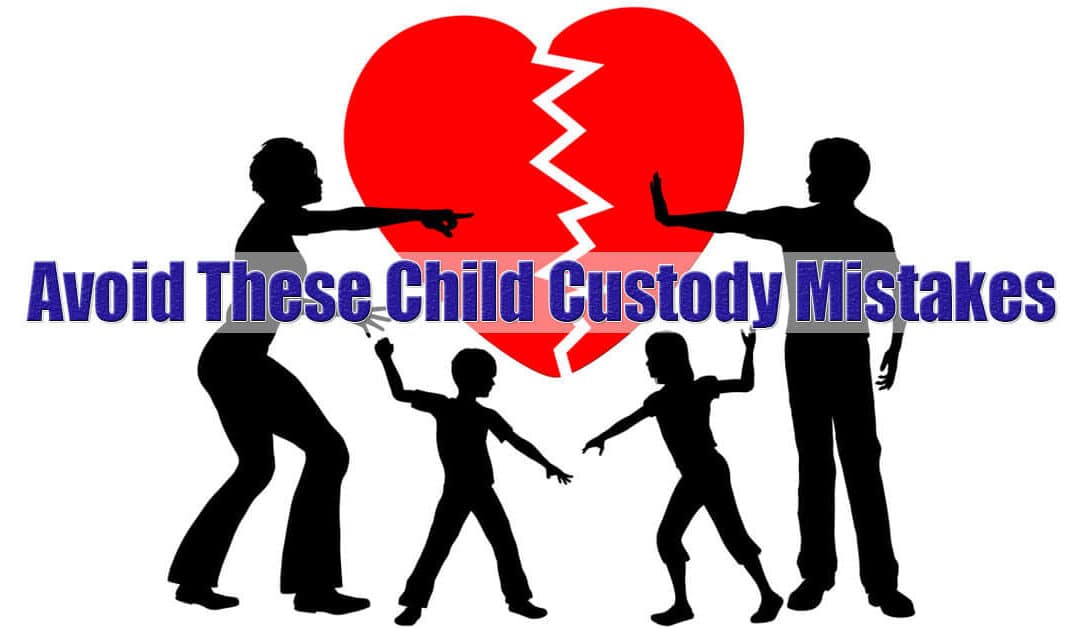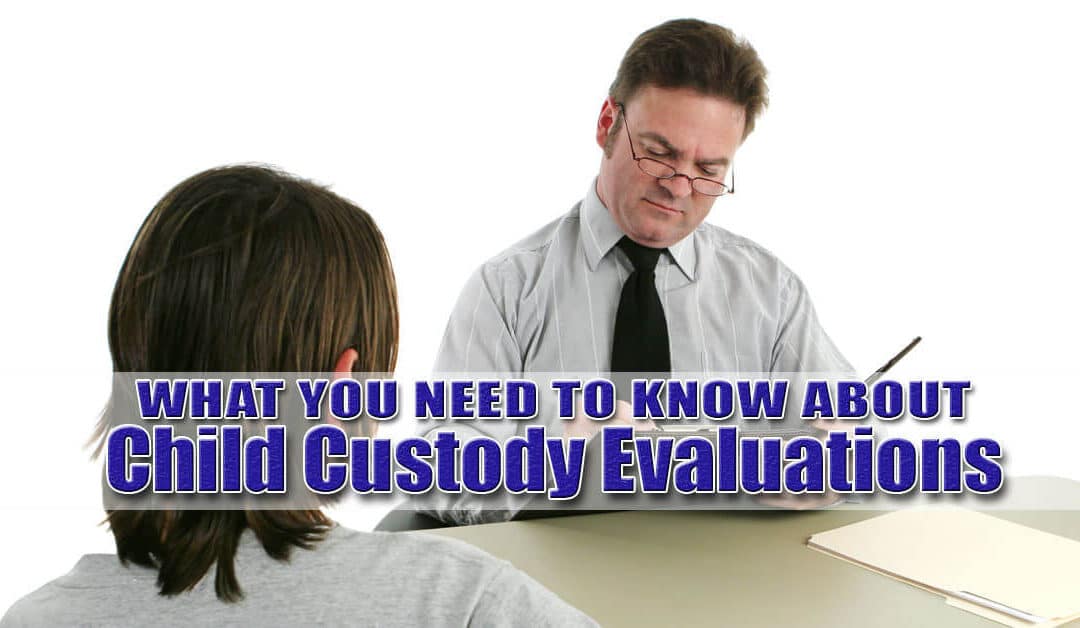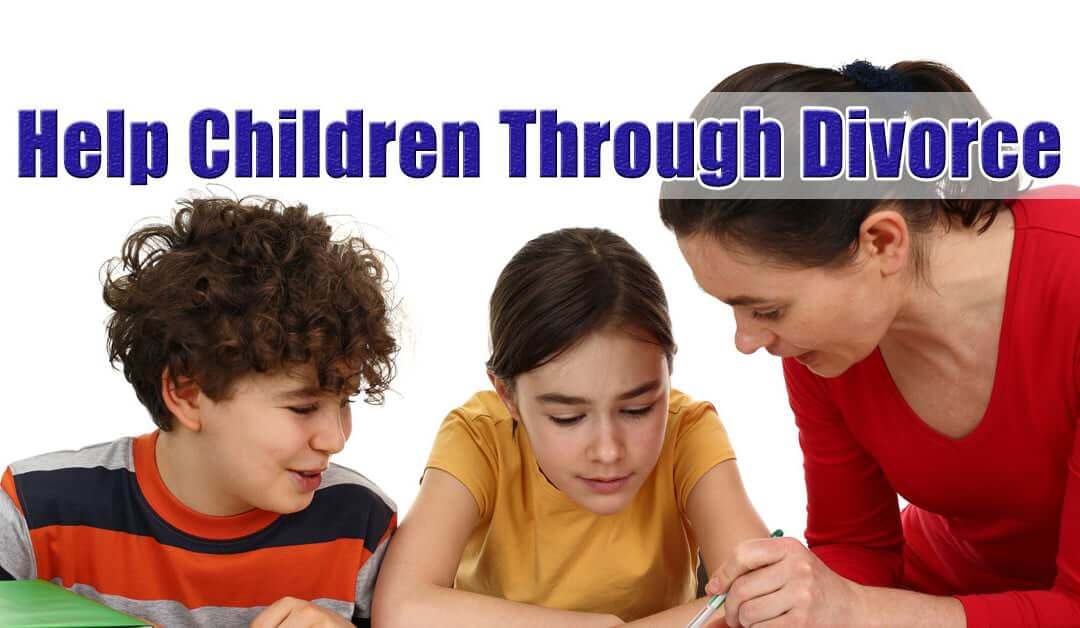by Robert E. Hornberger, Esq | Sep 11, 2017
HOME ABOUT US OUR FIRM FIRM YOUR LEGAL TEAM ATTORNEYS YOUR ATTORNEYS ROBERT E HORNBERGER CHRISTINE M VERBITSKY ANNEMARIE LANNI LAWRENCE M. MARINO BRENDA LYNCH (Of Counsel) PRACTICE AREAS AREAS OF EXPERTISE What’s Involved In Divorce DIVORCE DIVORCE COLLABORATIVE...
by Robert E. Hornberger, Esq | Sep 7, 2017
HOME ABOUT US OUR FIRM FIRM YOUR LEGAL TEAM ATTORNEYS YOUR ATTORNEYS ROBERT E HORNBERGER CHRISTINE M VERBITSKY ANNEMARIE LANNI LAWRENCE M. MARINO BRENDA LYNCH (Of Counsel) PRACTICE AREAS AREAS OF EXPERTISE What’s Involved In Divorce DIVORCE DIVORCE COLLABORATIVE...

by Robert E. Hornberger, Esq | Jul 25, 2017
As an experienced family law attorney practicing on Long Island, I have handled all sorts of child custody and visitation cases and many creative solutions for parents to keep in contact with their children.Regular, Face-to-Face Visitation Not Always PossibleFor a...

by Robert E. Hornberger, Esq | Jul 11, 2017
As a divorce attorney on Long Island, I know that international travel with your children can become a complicated issue in your divorce or child custody matter. While, ideally, parents can work out agreements about international travel on their own, sometimes they...

by Robert E. Hornberger, Esq | May 23, 2017
As an experienced Long Island Divorce Lawyer I know that when parents cannot agree on a parenting plan that addresses child custody and visitation, the decision often goes to a family court judge to determine the child’s best interests and ultimately how these issues...

by Robert E. Hornberger, Esq | May 9, 2017
HOME ABOUT US OUR FIRM FIRM YOUR LEGAL TEAM ATTORNEYS YOUR ATTORNEYS ROBERT E HORNBERGER CHRISTINE M VERBITSKY ANNEMARIE LANNI LAWRENCE M. MARINO BRENDA LYNCH (Of Counsel) PRACTICE AREAS AREAS OF EXPERTISE What’s Involved In Divorce DIVORCE DIVORCE COLLABORATIVE...

by Robert E. Hornberger, Esq | Mar 28, 2017
Most Long Islanders are aware that Nassau County and Suffolk County Courts use the “best interests of the child” standard when determining child custody and visitation issues. This means that courts look at the totality of the circumstances, including home...

by Robert E. Hornberger, Esq | Mar 14, 2017
In New York, spousal support in divorce is more often being paid by women than ever before. While headlines about the gender pay gap still abound, it is also true that women are beginning to see higher wages and higher earning jobs than in previous years. In fact,...

by Robert E. Hornberger, Esq | Mar 14, 2017
In New York, spousal support in divorce is more often being paid by women than ever before. While headlines about the gender pay gap still abound, it is also true that women are beginning to see higher wages and higher earning jobs than in previous years. In fact,...

by Robert E. Hornberger, Esq | Jan 17, 2017
As a Long Island Divorce Attorney I know that for parents, one of the most important points of focus in divorce is your children’s wellbeing. It is no secret that children suffer when their parents divorce, as it is a life changing event often surrounded by a lot of...




















